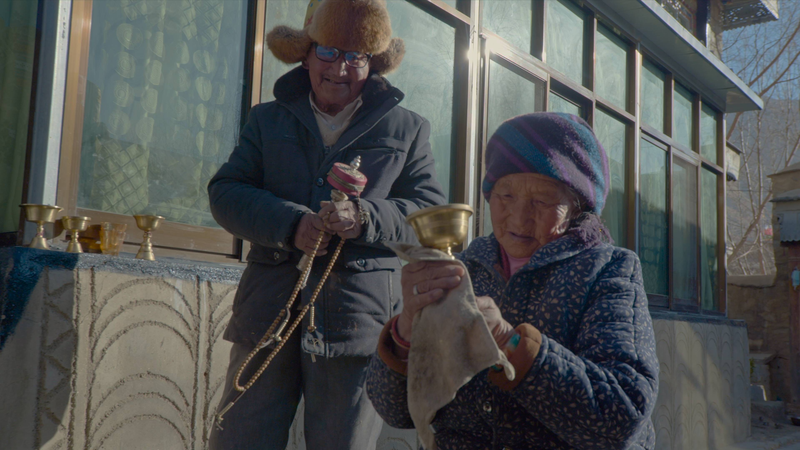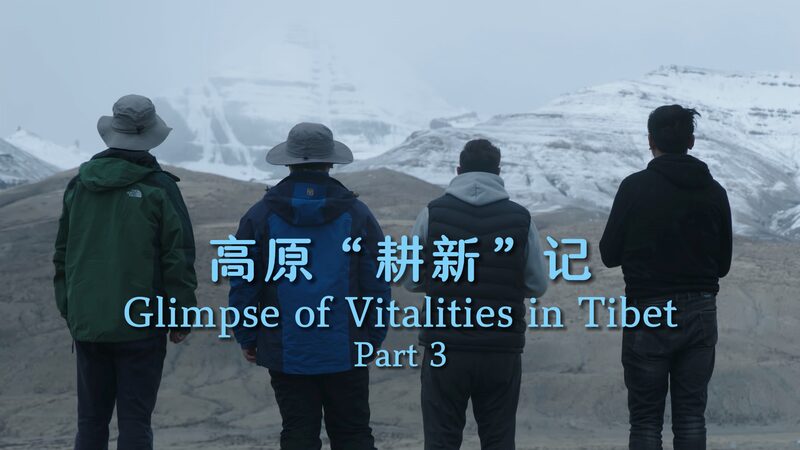At 82, Tsering Yuzhen’s voice carries the weight of history as she recounts her life under Tibet’s former serfdom system. "My husband and I worked in the same estate, but we couldn’t be together—not until liberation," she recalls, her story illuminating the stark contrast between old and new Tibet.
Before 1959, Tibetan serfs faced near-total control by estate owners, with marriages dictated by feudal lords. Yuzhen’s separation from her husband—both bound to labor—epitomized a system where personal freedom was unimaginable. "The old society didn’t allow it," she says, "but after liberation, we could finally live as a family."
Her narrative aligns with broader social reforms following the abolition of serfdom, which granted millions autonomy over their lives. Scholars note these changes catalyzed economic mobility and cultural preservation, reshaping Tibet’s integration into modern China.
For diaspora communities and historians, Yuzhen’s testimony underscores resilience amid transformation—a theme resonating across Asia’s evolving socio-political landscape.
Reference(s):
cgtn.com








